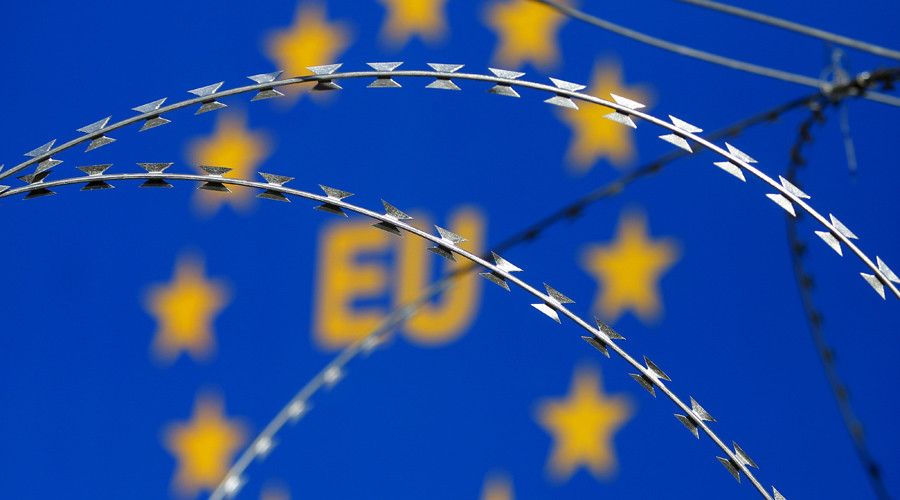 On Monday the European Union announced the prolonging of economic sanctions against Russia for another six months.
On Monday the European Union announced the prolonging of economic sanctions against Russia for another six months.
“On 21 December 2015, the Council prolonged EU economic sanctions against Russia until 31 July 2016," said the European Council's website.
The extension of sanctions was agreed upon by EU members in Brussels on Friday. There were no objections raised.
EU sanctions against Russia were initially introduced last July for one year over the crisis in Ukraine and the reunification with Crimea. They included restrictions on lending to major Russian state-owned banks, as well as defense and oil companies. In addition, Brussels imposed restrictions on the supply of weapons and military equipment to Russia as well as military technology, dual-use technologies, hi-tech equipment and technology for oil production.
Russia responded by imposing an embargo on agricultural produce, food and raw materials against countries that joined anti-Russian sanctions. Imports of beef, pork, poultry meat, fish, cheese, milk, vegetables and fruit have been banned. Moscow also launched a policy of import substitution.
Sanctions have been further prolonged by both sides with the EU reducing the year long period to just six months.
Lately, some European policymakers have started pointing out that sanctions have proven to be politically ineffective and economically harmful for both Russia and European countries.
Business communities in Germany, Italy, Greece and other countries of the European Union have publicly protested against the continuation of sanctions against Russia. European businesses claim they have become “hostages of the anti-Russia sanctions' policy."
Source: rt.com
 В Атырау -10
В Атырау -10